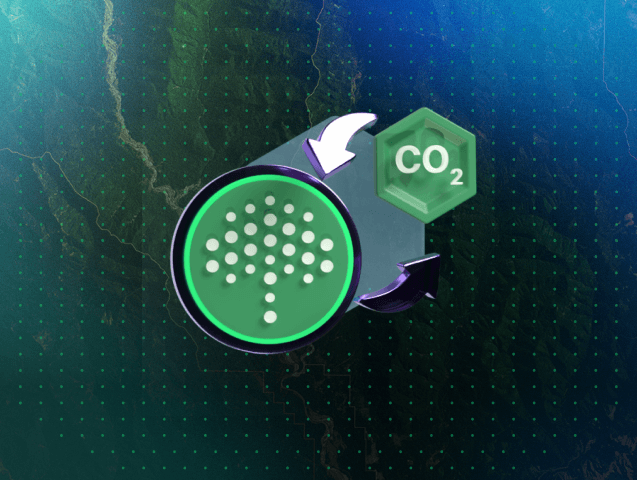Flowcarbon, the climate-focused startup co-founded by WeWork’s Adam Neumann, has paused the launch of its much-anticipated Goddess Nature Token (GNT) and is refunding investors due to unfavorable market conditions and regulatory hurdles. The company had aimed to revolutionise the carbon credit market by tokenising carbon credits on a blockchain-based platform, but resistance from carbon registries and volatility in the cryptocurrency market led to the project being put on hold.
Flowcarbon had raised $70 million from investors, including Andreessen Horowitz, to fund the creation of its blockchain platform, with $38 million of that funding raised through the sale of GNT. The token was designed to be backed 1:1 by carbon credits, which companies could use to offset greenhouse gas emissions. However, the combination of market instability and regulatory challenges prompted Flowcarbon to rethink its strategy.
According to a Forbes report, CEO Dana Gibber announced that the decision to refund GNT holders was made to allow the market to stabilise and address concerns of major carbon registries regarding the tokenisation of carbon credits. Despite the setback, Gibber expressed confidence in the potential for blockchain technology to transform the carbon credit market, bringing transparency to a sector often criticised for its lack of accessible data.
Flowcarbon’s decision comes as the carbon credit market continues to grow, surpassing $330 billion in 2022, driven by global efforts to achieve carbon neutrality. Carbon credits allow companies to offset their emissions by paying for projects that remove or reduce carbon dioxide in the atmosphere. Flowcarbon’s ambition was to streamline the process of buying and selling these credits by using blockchain technology.
Other companies, such as Neutral and DLT Finance, have successfully launched regulated blockchain-based platforms for carbon credits, highlighting the increasing interest in the intersection of blockchain and carbon finance.
As Flowcarbon refunds investors and reassesses its next steps, its future in carbon finance remains uncertain. However, with the global push for carbon offsetting continuing to rise, Flowcarbon may yet find a way to contribute to the evolving carbon market, despite the regulatory and market obstacles it currently faces.




















